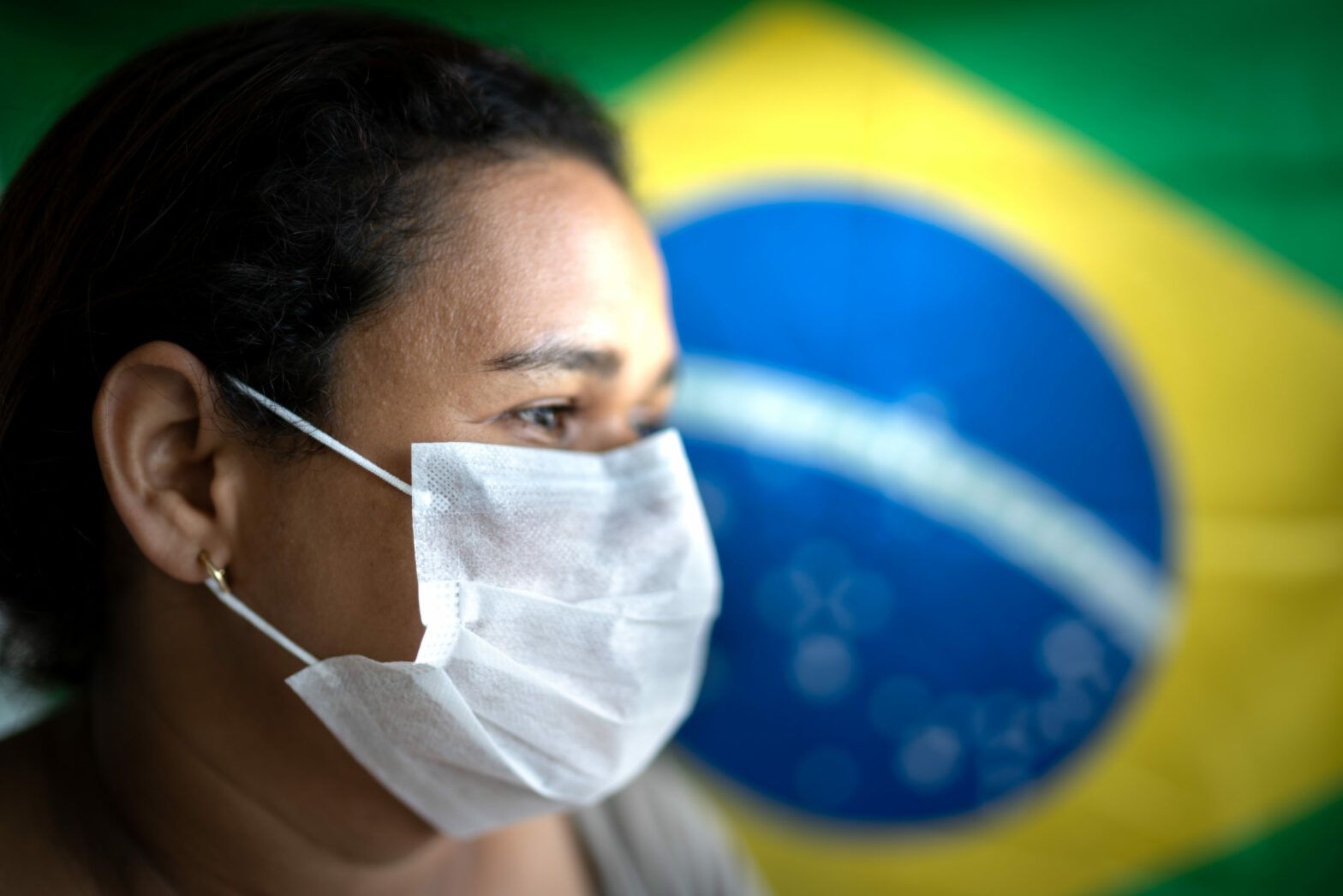Over a century on from the Spanish Flu pandemic that afflicted Brazil’s blue-collar communities so severely, South America’s largest economy has again been floored by a deadly pandemic
The precise magnitude of the country’s Covid-19 tragedy remains unclear, but the statistics grow worse by the day. While the sums committed for health and social security so far by the Brazilian Federal Government have been welcome, the magnitude of the challenge ahead calls for co-operation with the private sector, especially given the need to protect Brazil’s more marginalized population.
Having been heavily invested in Brazil since 2012 through our portfolio company Rio Energy, a developer, owner and operator of renewable energy projects in the country, we have witnessed first-hand the unrest caused by the pandemic. Experiences to date have underlined our belief that ESG focused private capital can play its part in a holistic response to Covid-19 that acts radically and decisively to protect local communities and employees.
I spent much of the first quarter of 2020 reading that the ‘E’ in ESG would continue its inexorable rise to become the focal point underpinning global capital market activity. Whilst the pandemic has only heightened calls for the acceleration of a green transition I have also been encouraged to see that it has crystallized understanding of what the ‘S in ESG stands for.
The interconnectedness between business performance and doing the right thing for employees, customers and suppliers has now become indisputable for investors and was a key consideration for many of our LPs when engaging with them on our Covid-19 response in Brazil and across the rest of our portfolio. For so long unable to shake the “middle child” label often associated with it when looking at ESG, Social considerations have now moved to front-of-mind for investors and are high on the agenda for company stakeholders and society at large.
It is this focus on Social considerations that we hope will allow private capital to play its part in creating a more effective response to the pandemic in Brazil. Our greatest focus since the pandemic gripped the country has therefore been ensuring colleagues can prioritize their own and their families’ health. Faced with the dual challenge of ensuring that our energy projects continued to provide power to nearly one million Brazilians and ensuring that employees and local communities are adequately protected we took decisive action in March to scale down the workforce at construction sites to a skeleton team.
For a business like Rio Energy’s this was a difficult decision but the right one. This decision coupled with our close engagement with local authorities to develop a clear communication and awareness campaign consistent with WHO recommendations has resulted in no employees to date showing Covid-19 related symptoms.
We have also been working closely with the Brazilian Development Bank on a match funding campaign to provide protective health kits for doctors, nurses and other front line health professionals in Brazil. There is plenty of progress still to be made but our experiences have shown that in responding to Covid-19 a close focus on the range of issues sitting under the ‘S’ umbrella can provide useful risk mitigation and beyond the bottom line help the local communities where we operate in Brazil better respond to the pandemic.
We have always been firm believers that the full range of ESG considerations have a material, positive impact on our investments. In the context of the infrastructure projects that will be so vital to help the rural areas of Brazil build back better from Covid-19, poor ESG management can lead to unwarranted impacts on biodiversity, poor community relations, and weak governance. This in turn can lead to project delays, cost over-runs and reputational damage. Conversely, good ESG management can result in a project with reduced impacts on the environment, good occupational, health and safety records and positive relationships with communities. Apart from the financial impact on our investments, we believe good ESG practices are simply the right thing to do.
As a responsible investor, we have a duty to ensure that our management teams are good stewards in the communities in which they operate. As we look forward, we believe now more than ever that right across PE portfolios their licence to operate in countries like Brazil and beyond will be a function of how well they engage and manage stakeholders through this crisis; and how they communicate this responsibility – the ‘S’ – in a clear and transparent way.








